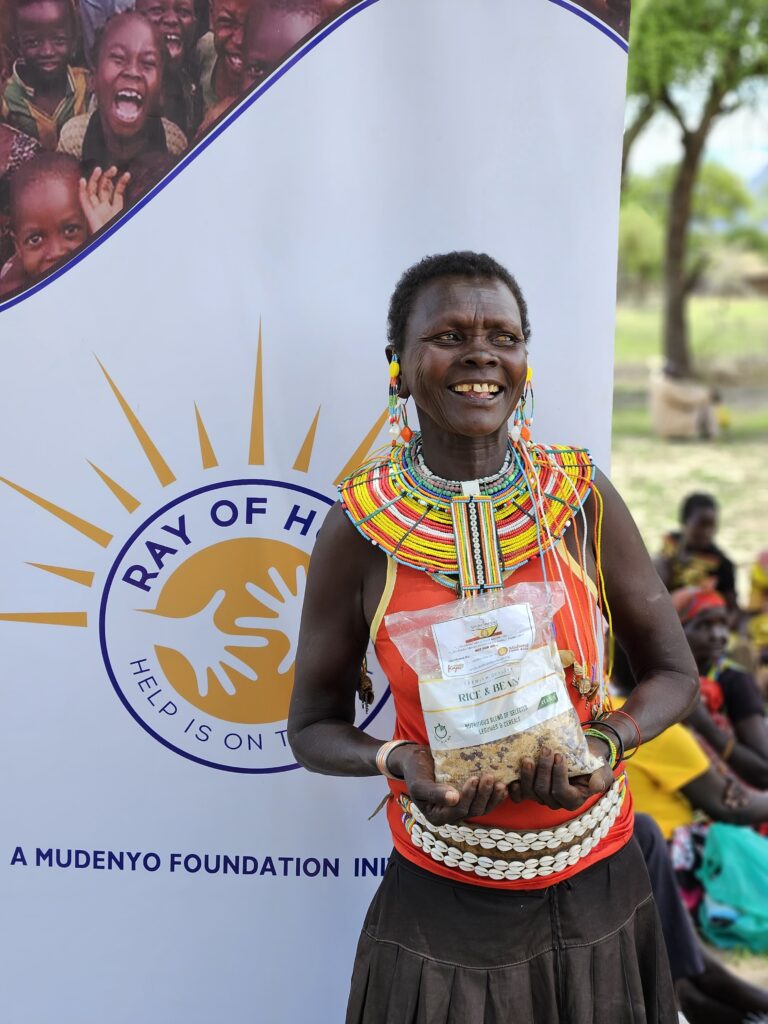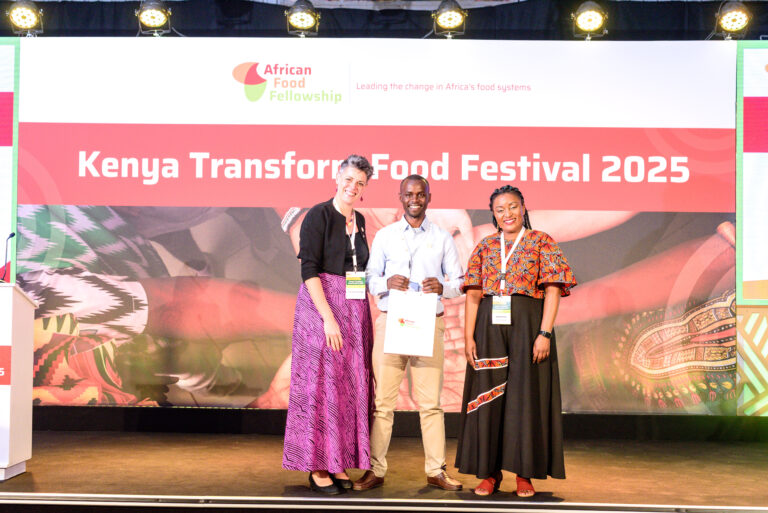West Pokot County, a vast semi-arid region in Kenya’s Rift Valley, continues to grapple with food insecurity and recurrent cattle rustling, which have significantly hindered school enrolment and attendance.
According to the County Department of Children Services, approximately 40,000 children were out of school by 2023 due to hunger. In response to this crisis, Lishe Kwa Mtoto, a school feeding initiative founded by Dawson Mudenyo, has played a pivotal role in reversing the trend by providing meals to schoolchildren across the county.
The programme was launched following a personal encounter by Mudenyo during a routine field visit. While inspecting educational projects in the region, he found a young girl collapsed by the roadside. Upon rushing her to a nearby hospital, medical examinations revealed that the child was not ill, but severely malnourished.
The incident marked a turning point. Mudenyo established Lishe Kwa Mtoto to address the widespread hunger preventing children from attending school. He emphasised that investing in children’s welfare is essential to securing the country’s future.
“Children are the foundation of tomorrow’s leadership. If we fail to protect and nurture them today, we jeopardise the future,” he added.
West Pokot is characterised by prolonged droughts and unpredictable rainfall, conditions that have undermined agricultural productivity. As a result, most residents depend on pastoralism, with many men migrating across the border to Uganda in search of pasture, often leaving women solely responsible for household welfare.
In such a context, the feeding programme has eased the burden on families, particularly mothers. It ensures that children receive at least one nutritious meal a day, encouraging school attendance and improving learning outcomes.
Teachers report that seasonal floods further complicate relief efforts by cutting off road access and isolating schools, yet the programme continues to operate under these challenging conditions.
Another longstanding obstacle is insecurity, particularly cross-border banditry involving communities in neighbouring counties such as Baringo, Elgeyo Marakwet, and Turkana. During a recent Jukwaa La Usalama security forum, Interior Cabinet Secretary Kipchumba Murkomen announced that the government would prioritise the reconstruction of schools destroyed in such attacks.
Despite these challenges, Lishe Kwa Mtoto has recorded measurable success. At Pkocho Primary School, enrolment rose from 75 to 451 within two years of the programme’s introduction.
“Before the programme, attendance was low. Today, enrolment has increased significantly, and learners remain in school throughout the term,” Mudenyo noted.
The initiative aligns closely with Sustainable Development Goal 2—ending hunger and improving nutrition—and also supports Goal 4, which focuses on inclusive and equitable quality education.
“Feeding children at school ensures that they learn in a hunger-free environment. This not only addresses nutrition but also strengthens educational attainment,” he said.

Unlike standard school feeding programmes, Lishe Kwa Mtoto offers a comprehensive meal plan. Children receive fortified porridge in the morning, followed by balanced meals including beans, soya, and other protein-rich foods.
To ensure sustainability, the programme is promoting the cultivation of drought-resistant crops such as sorghum. Mudenyo believes that integrating local agriculture into the feeding programme will enhance food security, stimulate local economies, and reduce overreliance on livestock.
“We are encouraging communities to grow sorghum. It is nutritious, drought-tolerant, and can substitute rice. Buying locally will also create employment and reduce poverty,” he explained.
Lishe Kwa Mtoto aims to establish a self-sustaining supply chain that empowers communities while addressing hunger in schools by purchasing directly from local farmers,
“This approach strengthens both the education system and the local economy. It also diverts youth from insecurity-related activities by engaging them in productive farming,” Mudenyo added.
From a single act of compassion, Lishe Kwa Mtoto has evolved into a model intervention reshaping perceptions on education and child welfare in a region previously marred by early marriages and limited access to schooling.
Education stakeholders are now urging the national government and the Ministry of Education to scale up the programme, currently active in fewer than 20 counties, to reach more food-insecure regions across the country.



